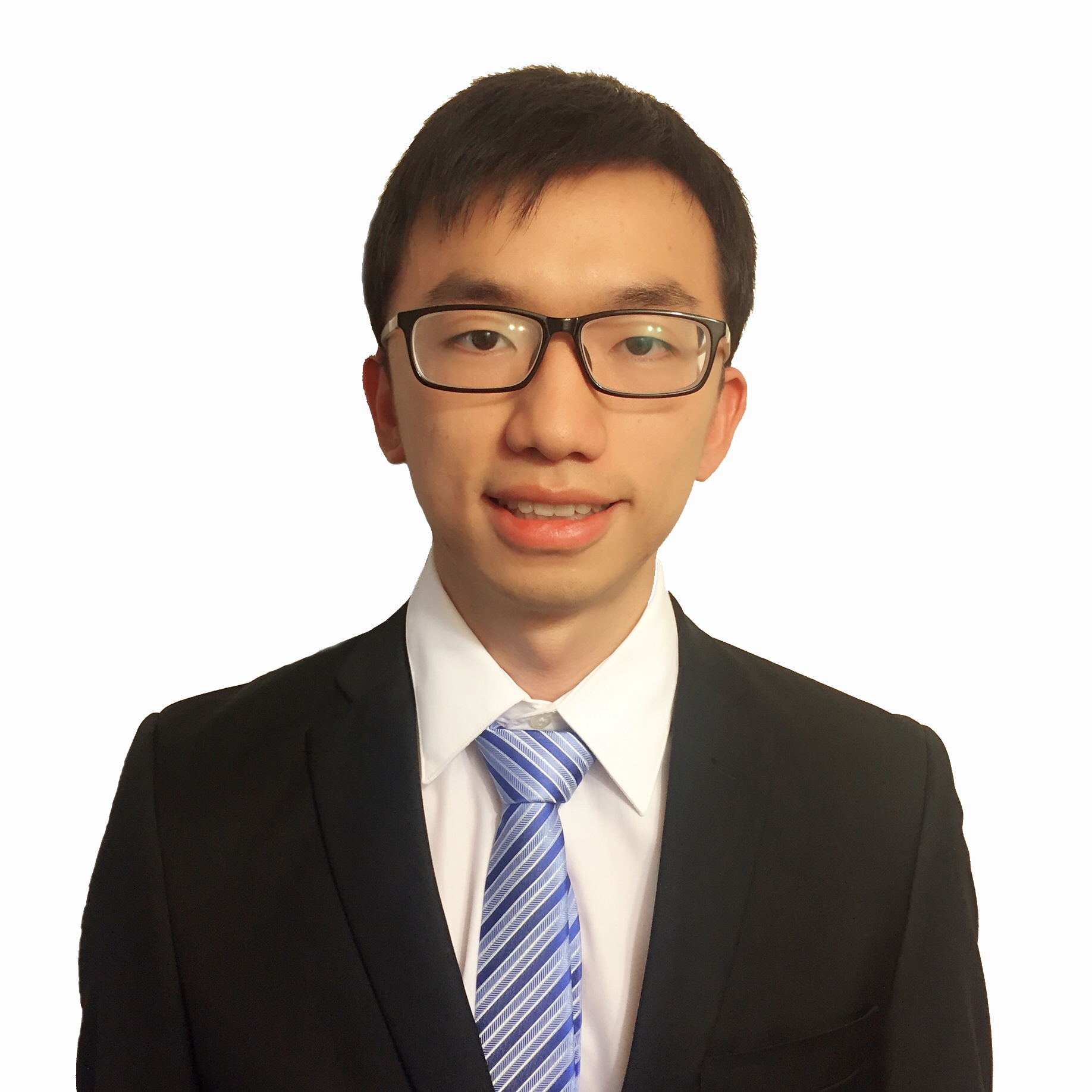基于多物理场仿真和物理约束机器学习的增材制造工艺-结构关系研究
日期:2021/04/01 - 2021/04/01
学术讲座:基于多物理场仿真和物理约束机器学习的增材制造工艺-结构关系研究
主讲人:Dehao Liu, Ph.D. student in the School of Mechanical Engineering at Georgia Institute of Technology
时间:2021年4月1日(周四)上午9:00-10:00
地点:via Zoom
讲座摘要
Metal additive manufacturing (AM) is a group of processes by which metal parts are built layer by layer from powder or wire feedstock with high-energy laser or electron beams. Metal AM can significantly improve the manufacturability of products with complex geometries and heterogeneous materials. It has the potential to be widely applied in various industries including automotive, aerospace, biomedical, energy, and other high-value low-volume manufacturing environments. However, the lack of complete process-structure-property (P-S-P) relationships for metal AM is still the bottleneck to produce defect-free, structurally sound, and reliable AM parts. There are several technical challenges in establishing P-S-P relationships for process design and optimization. First, there is a lack of fundamental understanding of the rapid solidification process during which microstructures are formed and the properties of solid parts are determined. Second, the curse of dimensionality in the process and structure design space leads to the lack of data to construct reliable P-S-P relationships.
Simulation becomes an important tool to enable us to understand the rapid solidification given the limitations of experimental techniques for in-situ measurement. In this work, we developed a mesoscale multiphysics simulation framework, called phase-field and thermal lattice Boltzmann method (PF-TLBM), with simultaneous considerations of heterogeneous nucleation, solute transport, heat transfer, and phase transition.
To meet the lack-of-data challenge in constructing P-S-P relationships, a new scheme of multi-fidelity physics-constrained neural network (MF-PCNN) is developed to improve the efficiency of training in neural networks by reducing the required amount of training data and incorporating physical knowledge as constraints. Neural networks with two levels of fidelities can be combined to improve prediction accuracy. The training of MF-PCNN is also formulated as a minimax problem, and a novel training algorithm called Dual-Dimer is developed to search high-order saddle points. A surrogate model of process-structure relationship for AM can be built based on the PF-TLBM and MF-PCNN.
主讲人简介
 Dehao Liu is a Ph.D. student in the School of Mechanical Engineering at Georgia Institute of Technology, advised by Prof. Yan Wang in the Multi-Scale Systems Engineering Research Group. He received his bachelor’s degree in Mechanical Engineering at Tsinghua University. The overall goal of his research is to establish comprehensive and robust process-structure-property (P-S-P) relationships for the systematic process and materials design by combining multiscale multiphysics simulation and physics-constrained machine learning.
Dehao Liu is a Ph.D. student in the School of Mechanical Engineering at Georgia Institute of Technology, advised by Prof. Yan Wang in the Multi-Scale Systems Engineering Research Group. He received his bachelor’s degree in Mechanical Engineering at Tsinghua University. The overall goal of his research is to establish comprehensive and robust process-structure-property (P-S-P) relationships for the systematic process and materials design by combining multiscale multiphysics simulation and physics-constrained machine learning.
